Huawei kit contained flaws of 'national significance', NCSC reports
The report finds that the defects were not the result of interference from the Chinese state

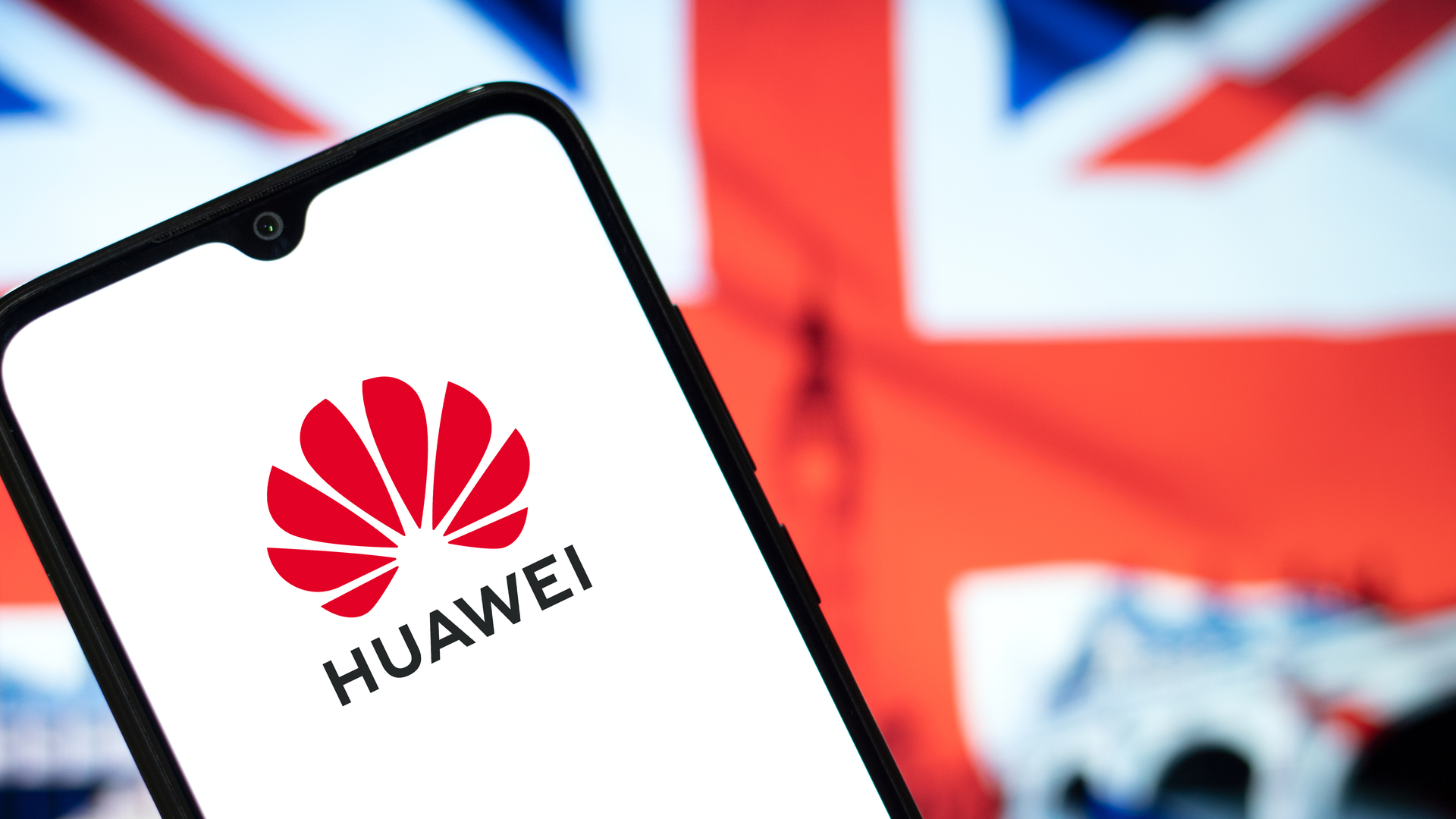
Huawei failed to comply with “its own secure coding guidelines” during an incident which likely led to a vulnerability "of national significance", according to a new report.
Although the incident in question, which occured in 2019, was remedied before it could be exploited, the number of Huawei vulnerabilities had “risen significantly” since 2018, a report by the Huawei Cyber Security Evaluation Centre (HCSEC) has detailed.
The HCSEC, which is a group belonging to Huawei but directed by the UK's National Cyber Security Centre and overseen by an independent oversight board, found “sustained evidence of poor coding practices”, in spite of “minor improvements over previous years”.
It also found limited confidence in the Chinese tech giant, saying that the Huawei products analysed were found to have “major quality deficiencies”.
However, the NCSC also added that it “does not believe that the defects identified are a result of Chinese state interference”, a decision which was welcomed by Huawei.
“This latest report highlights our commitment to a process that guarantees openness and transparency, and demonstrates HCSEC has been an effective way to mitigate cyber security risks in the UK,” said a Huawei spokesperson. “As innovators, we continue significant investment to improve our products. The report acknowledges that while our software transformation process is in its infancy, we have made some progress in improving our software engineering capabilities.”
The spokesperson added that Huawei “has faced the highest level of scrutiny for almost 10 years”.
Sign up today and you will receive a free copy of our Future Focus 2025 report - the leading guidance on AI, cybersecurity and other IT challenges as per 700+ senior executives
“This rigorous review sets a precedent for cyber security collaboration between the public and private sectors, and has provided valuable insights for the telecoms sector. We believe this mechanism can benefit the entire industry and Huawei calls for all vendors to be evaluated against an equally robust benchmark, to improve security standards for everyone,” the spokesperson added.
RELATED RESOURCE

However, the report concluded that the Oversight Board behind the report “can only provide limited assurance that all risks to UK national security from Huawei’s involvement in the UK’s critical networks can be sufficiently mitigated long-term”.
The findings are likely to compromise Huawei’s difficult position in the UK market, which had been heavily influenced by US sanctions and the company being perceived as a threat to national security.
In July, the UK government banned Huawei equipment from being used in the country's 5G infrastructure.
Having only graduated from City University in 2019, Sabina has already demonstrated her abilities as a keen writer and effective journalist. Currently a content writer for Drapers, Sabina spent a number of years writing for ITPro, specialising in networking and telecommunications, as well as charting the efforts of technology companies to improve their inclusion and diversity strategies, a topic close to her heart.
Sabina has also held a number of editorial roles at Harper's Bazaar, Cube Collective, and HighClouds.
-
 Redefining resilience: Why MSP security must evolve to stay ahead
Redefining resilience: Why MSP security must evolve to stay aheadIndustry Insights Basic endpoint protection is no more, but that leads to many opportunities for MSPs...
-
 Microsoft unveils Maia 200 accelerator, claiming better performance per dollar than Amazon and Google
Microsoft unveils Maia 200 accelerator, claiming better performance per dollar than Amazon and GoogleNews The launch of Microsoft’s second-generation silicon solidifies its mission to scale AI workloads and directly control more of its infrastructure
-
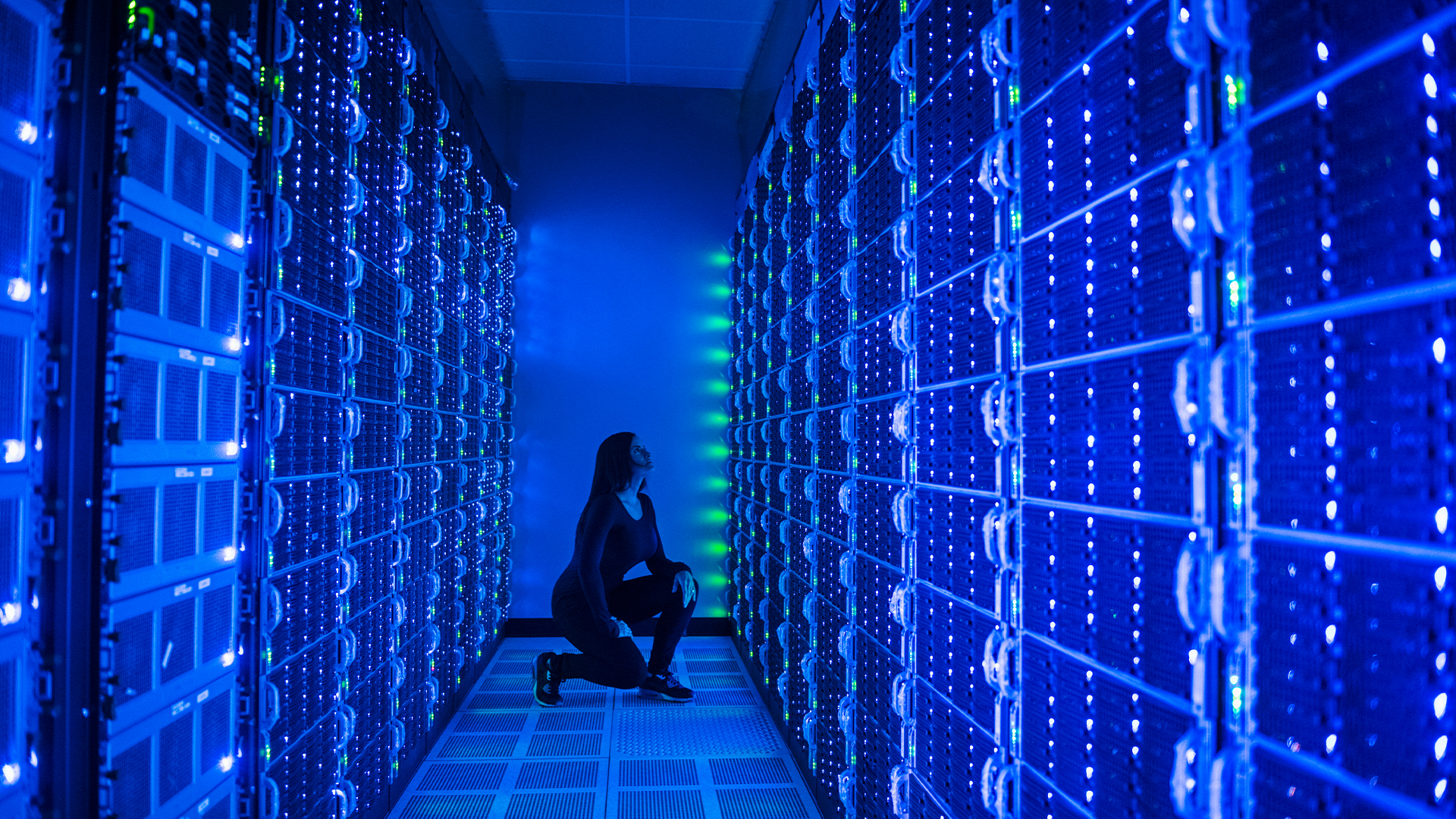 Majority of English data centers use less water than a 'typical leisure center' as operators embrace new cooling methods
Majority of English data centers use less water than a 'typical leisure center' as operators embrace new cooling methodsNews England’s data centers are surprisingly efficient when it comes to water consumption
-
 ‘Too many organizations assume they’re more resilient than they actually are’ – UK firms are facing huge financial losses from IT outages and downtime
‘Too many organizations assume they’re more resilient than they actually are’ – UK firms are facing huge financial losses from IT outages and downtimeNews Many organizations are failing to put in place contingencies for IT outages and downtime, research shows
-
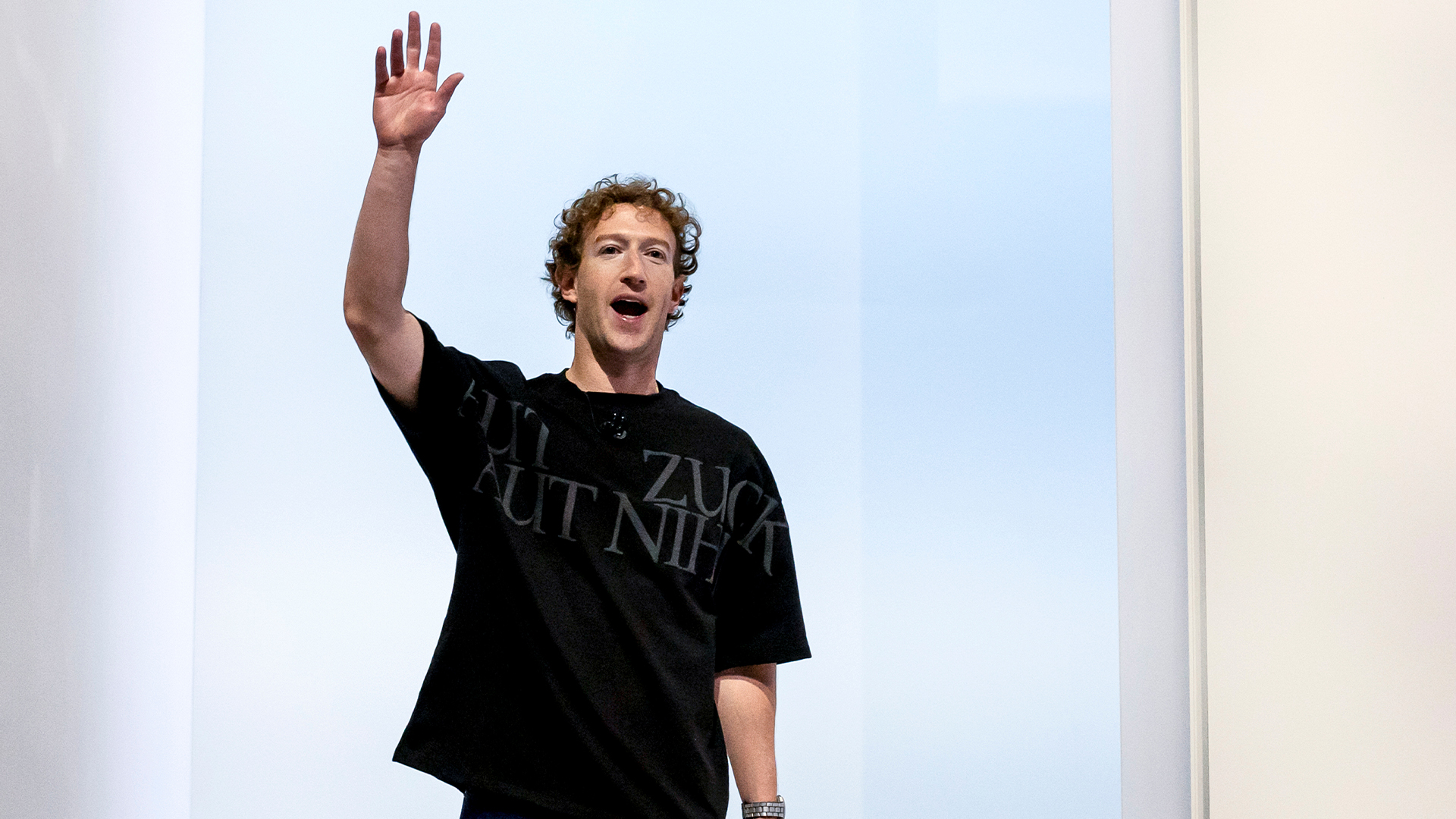 Meta is working on a 5GW data center to supercharge AI infrastructure – and Mark Zuckerberg says one cluster alone ‘covers a significant part of the footprint of Manhattan’
Meta is working on a 5GW data center to supercharge AI infrastructure – and Mark Zuckerberg says one cluster alone ‘covers a significant part of the footprint of Manhattan’News Mark Zuckerberg detailed plans for a huge infrastructure investment program in a post on Threads earlier this week – here's what you need to know.
-
 So much for data sovereignty — AI infrastructure is dominated by just a handful of countries
So much for data sovereignty — AI infrastructure is dominated by just a handful of countriesNews Oxford researchers suggest AI infrastructure will decide a nation's global impact in the future, just as oil production has over the last few decades.
-
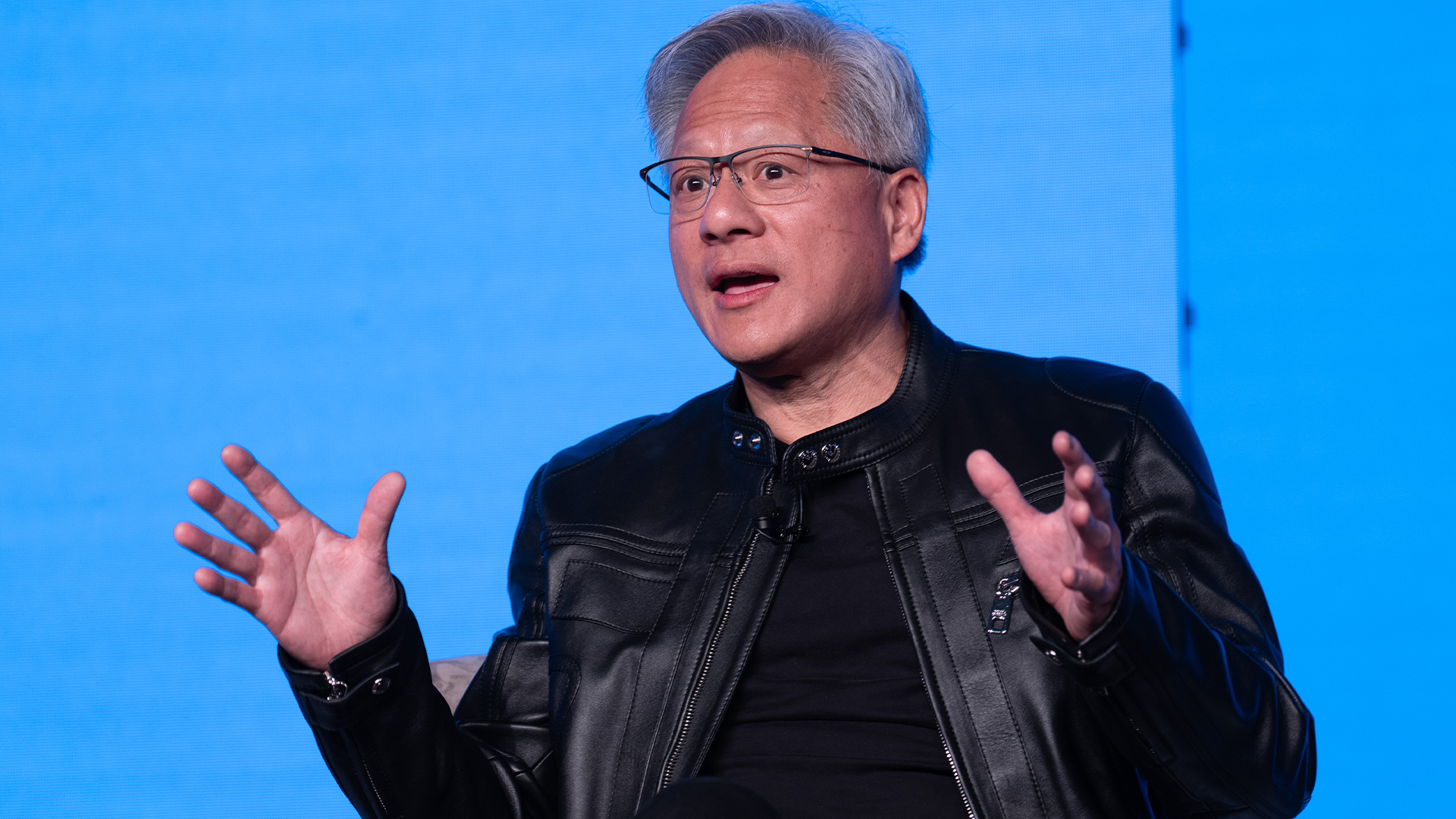 ‘This is the largest AI ecosystem in the world without its own infrastructure’: Jensen Huang thinks the UK has immense AI potential – but it still has a lot of work to do
‘This is the largest AI ecosystem in the world without its own infrastructure’: Jensen Huang thinks the UK has immense AI potential – but it still has a lot of work to doNews The Nvidia chief exec described the UK as a “fantastic place for VCs to invest” but stressed hardware has to expand to reap the benefits
-
 Google shakes off tariff concerns to push on with $75 billion AI spending plans – but analysts warn rising infrastructure costs will send cloud prices sky high
Google shakes off tariff concerns to push on with $75 billion AI spending plans – but analysts warn rising infrastructure costs will send cloud prices sky highNews Google CEO Sundar Pichai has confirmed the company will still spend $75 billion on building out data centers despite economic concerns in the wake of US tariffs.
-
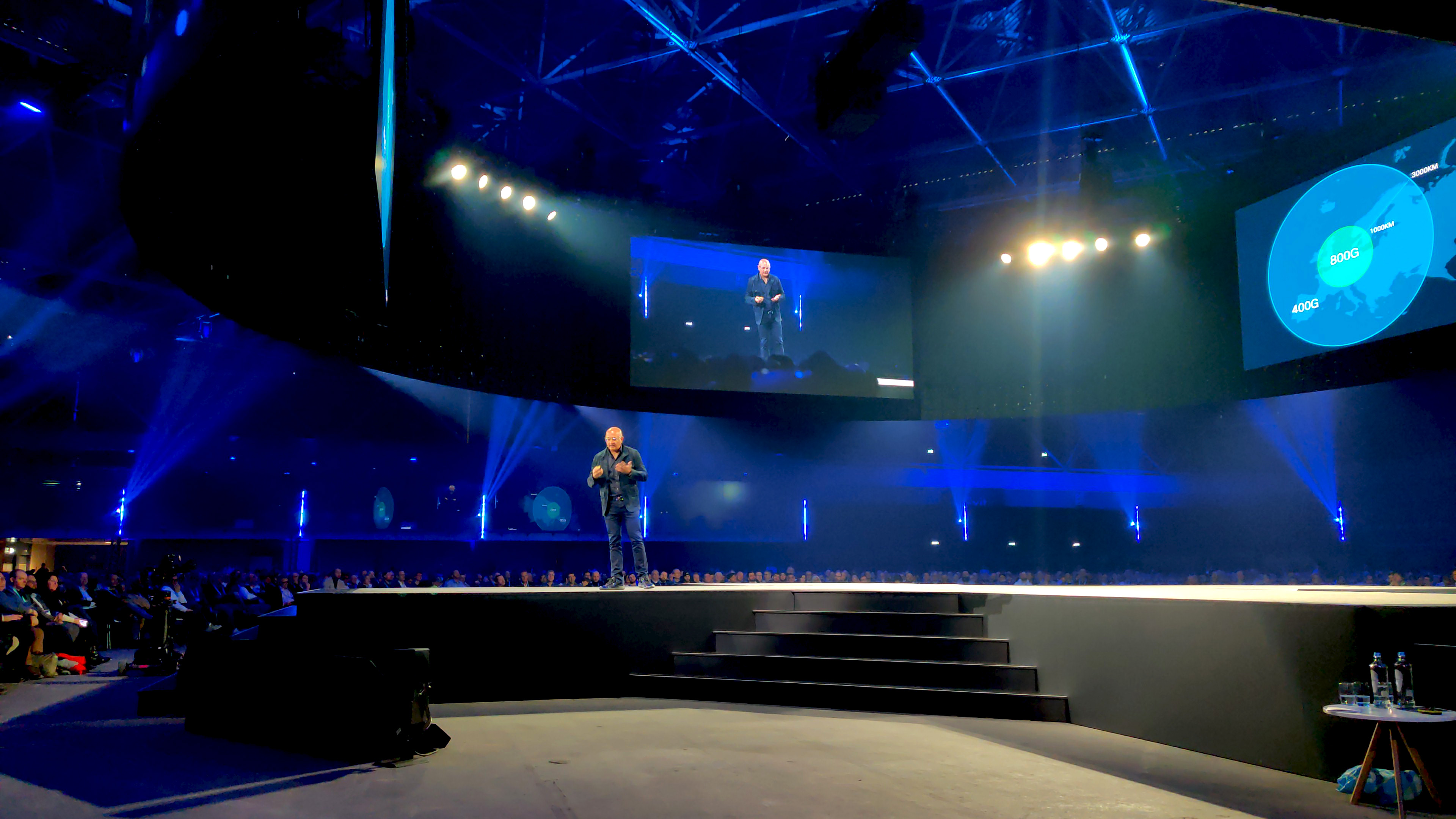 Cisco wants to capitalize on the ‘DeepSeek effect’
Cisco wants to capitalize on the ‘DeepSeek effect’News DeepSeek has had a seismic impact, and Cisco thinks it has strengths to help businesses transition to AI-native infrastructure
-
 CoreWeave’s first two UK data centers are now operational
CoreWeave’s first two UK data centers are now operationalNews The company's European plans for this year also include new facilities in Norway, Sweden, and Spain
